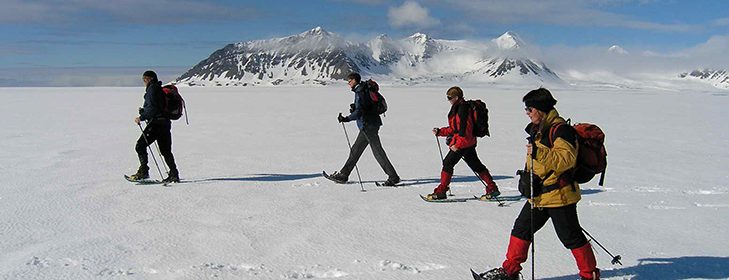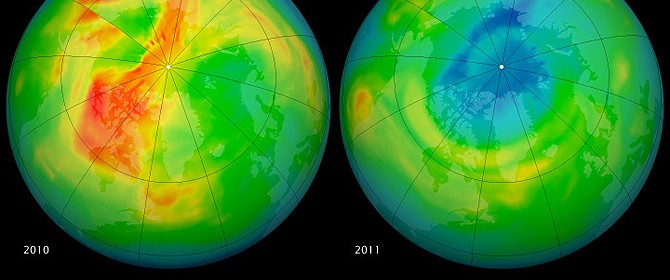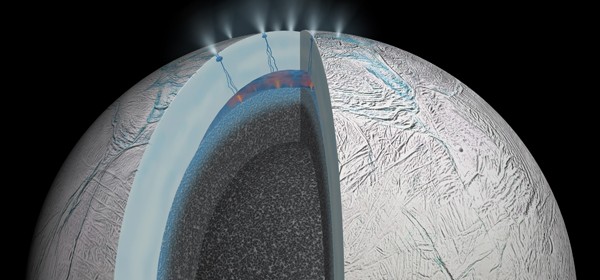Air Pollution At School

Children who attend schools near busy roads could see their brain development hindered by air pollution, according to a new study by Spanish scientists. Researchers in Barcelona spent a year tracking the developmental progress of more than 2,700 children ages 7 to 10 at 39 schools in the city. They found that the cognitive skills of students at schools near […]
Read more








